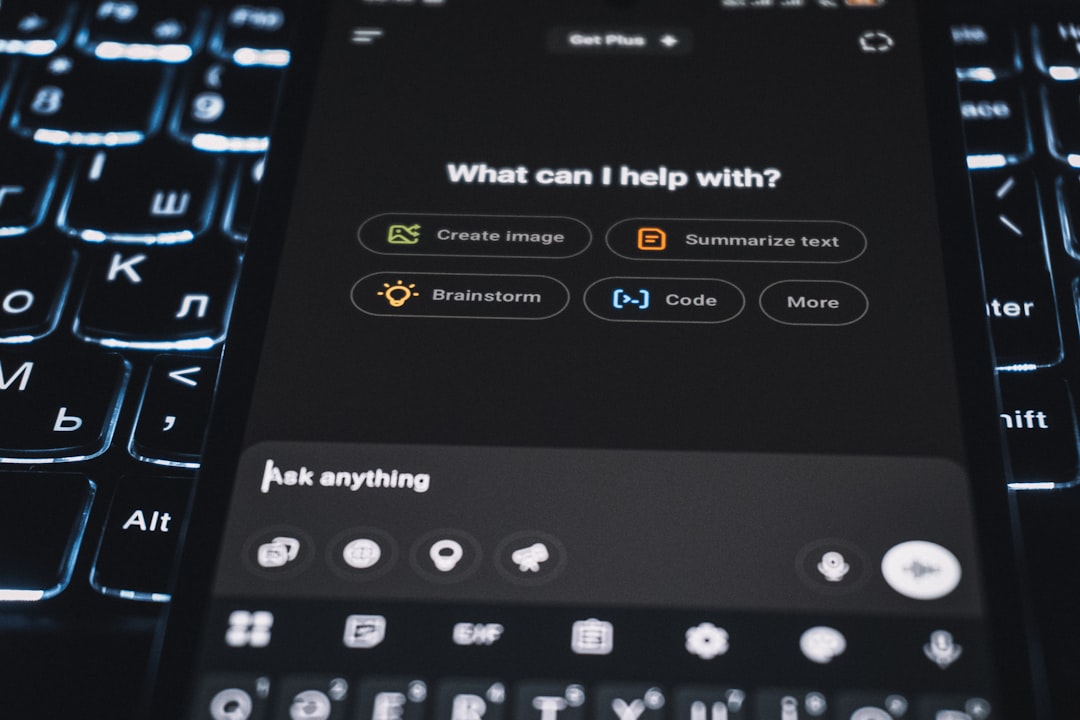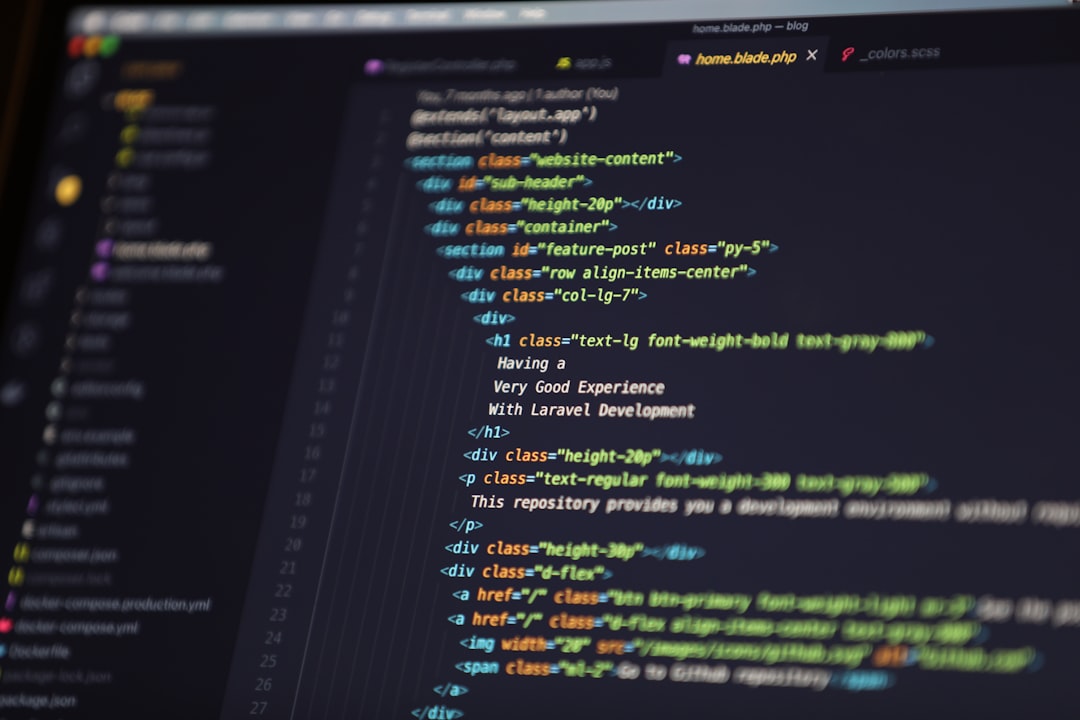In a world increasingly reliant on artificial intelligence for communication, information retrieval, content creation, and code generation, ChatGPT has emerged as a dominant force. However, as impressive as it is, it’s not the only large language model available. There are several other powerful AI tools offering similar—or even superior—capabilities, depending on your specific needs.
Below, we explore the 8 best ChatGPT alternatives currently available. These platforms have been selected for their performance, usability, customization, and innovation in the AI space.
1. Google Bard
Powered by Google’s PaLM 2 language model, Bard is designed to integrate seamlessly with Google Search and other services. It excels at providing real-time information by connecting to the web directly, offering a key advantage over ChatGPT’s limited browsing capabilities.
Its intuitive interface and comprehensive answers make it an excellent choice for users looking for search-integrated AI assistance.

2. Claude (by Anthropic)
Developed with a focus on safety, alignment, and conversational depth, Claude is rapidly gaining traction. Named after Claude Shannon, the model is designed to behave more cautiously and transparently than many of its competitors.
Claude is especially suitable for businesses seeking AI tools with tightened controls and more ethical guardrails.
3. Microsoft Copilot (formerly Bing Chat)
Powered by OpenAI’s GPT-4, Copilot is deeply integrated into Microsoft’s suite of products such as Word, Excel, and Edge Browser. Users appreciate its ability to generate summaries, write emails, and perform real-time web queries.
It’s a great choice for professionals looking to boost productivity through AI-driven assistance in document and data handling.
4. Jasper AI
Jasper is a specialized AI tool tailored for marketers and content creators. With templates for copywriting, SEO content, and social media posts, it’s designed to produce high-quality, brand-consistent content quickly and efficiently.
This is a solid alternative for teams focusing on advertising and customer engagement across multiple platforms.
5. Perplexity AI
Perplexity is a research-oriented chatbot that brings the rigor of academic and factual search to AI conversations. Known for its accurate source citations and real-time web search, it’s especially useful for students and professionals who need verifiable references in their outputs.

6. You.com
You.com differentiates itself with its customizable search and multi-modal capabilities. Offering tools such as YouChat and YouCode, it appeals particularly to developers and tech-savvy users. It aggregates results from various sources—including Stack Overflow, GitHub, and Reddit—into one streamlined interface.
The platform is highly customizable, letting users tailor their experience for productivity, privacy, or creativity.
7. Poe (by Quora)
Poe aggregates several models in one platform, including GPT-4, Claude, and others. This flexibility allows users to compare model outputs and choose the best tool for each task. The interface is clean and integrates well with Quora’s content ecosystem, making it valuable for high-quality discussions and crowdsourced knowledge.
8. Replika
While others focus on productivity and information retrieval, Replika is built around emotional companionship and personal interaction. Designed as an AI friend, it uses natural language processing to build empathetic relationships with users.
This tool is ideal for users looking for meaningful, supportive conversations rather than pure utility or research assistance.
Final Thoughts
Each of these ChatGPT alternatives brings something unique to the table. Whether you’re a developer, marketer, student, or casual user, there’s likely an AI platform that better suits your specific needs or organizational goals.
As the field of artificial intelligence continues to evolve rapidly, it’s worth exploring multiple platforms to determine which aligns best with your workflow and ethical preferences.

Key takeaway: While ChatGPT remains a powerful generalist tool, there’s a growing ecosystem of AI chatbots offering specialized functionalities—from real-time data access and emotional support to creative writing and programming help. Exploring these alternatives can significantly enhance your AI-driven productivity and user experience.



